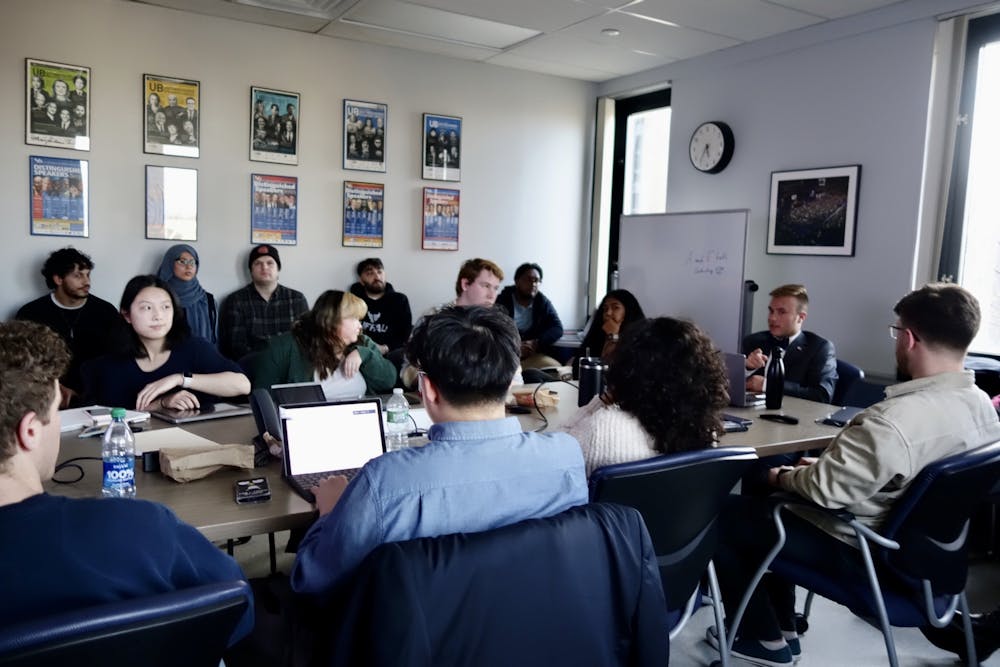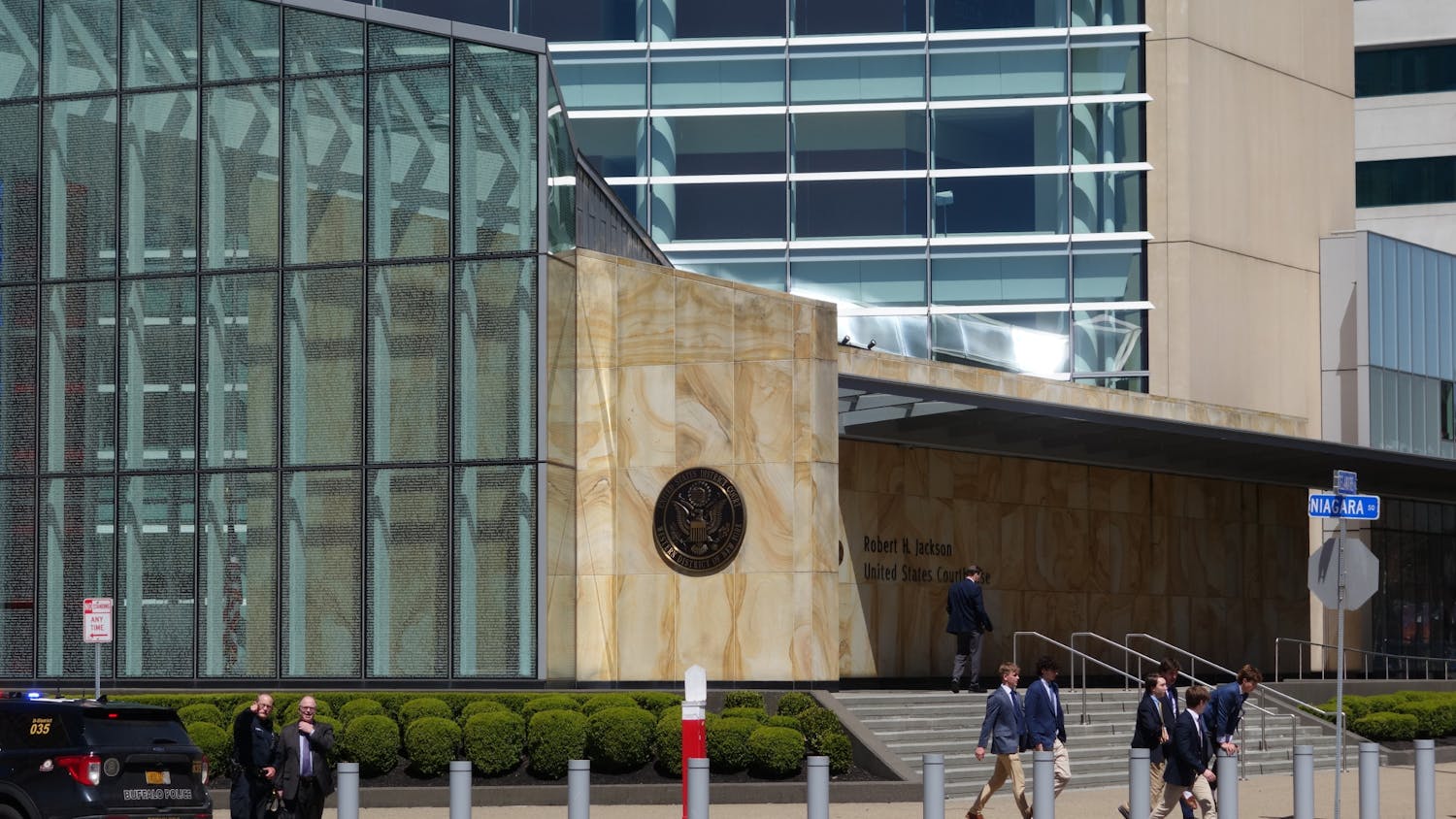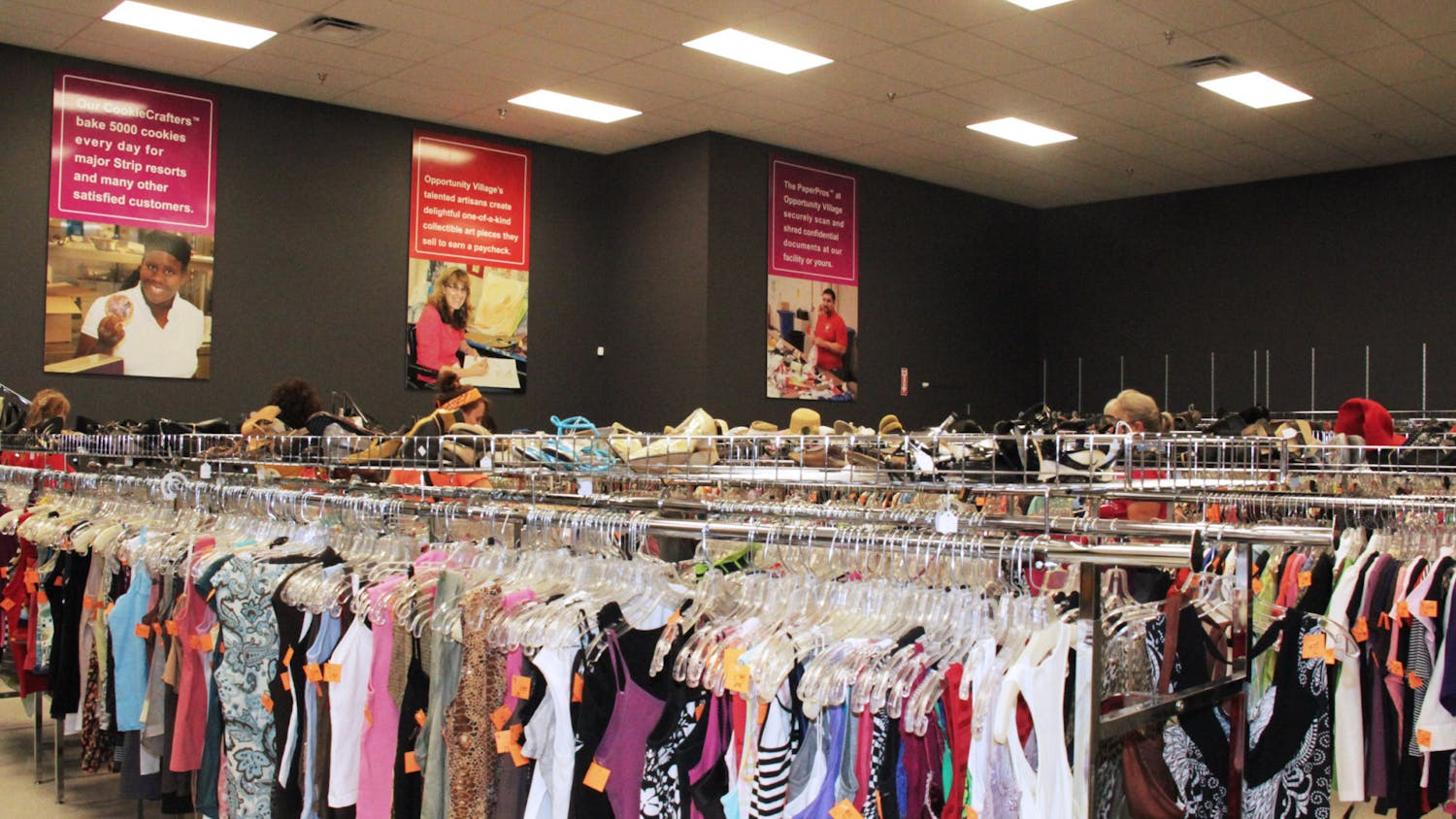The Student Association (SA) Senate’s advocacy efforts stalled as soon as they had begun Wednesday afternoon.
The advocacy push, led by SA President Becky Paul-Odionhin, focused on two UB policies: the five-year broad-based fee increase plan and the end of the student health insurance plan.
Both decisions were finalized this February and last November, respectively. Several senators indicated they were unfamiliar with the changes.
There were no resolutions on the agenda, meaning the Senate could not take any action beyond discussing advocacy.
Paul-Odionhin said students are upset about the fee increase. Discussion quickly turned to the lack of student input in the fee process — only 59 students participated in a 2022 fee survey — and toward increasing engagement between SA and club leaders.
Paul-Odionhin recalled an incident in which a club leader who purported to have completed SA training said they had never heard of the Student Association Financial Entry (SAFE) system.
“You can put a spoon in their hand, but you can’t put it in their mouth. The effort has to come from both sides,” SA Treasurer Unnati Agarwal said. “If you’re not doing your part, at the end of the day, you’re going to miss out on something. If a club doesn’t know they have money in their SAFE account, that’s their fault.”
On the health insurance policy, senators said that while UB’s plan was expensive, the lack of a university-sponsored plan will add difficulty for international students.
“Whatever criticisms you have of the plan, you have to understand that the removal of the plan is going to cause people to lose health insurance,” SA Student Affairs Director Cole Fredericks said.
Several senators proposed reforms to increase SA’s advocacy activity. Joe McCusker suggested creating a Senate advocacy committee, an idea that drew interest from Paul-Odionhin. The Senate has only pursued one advocacy measure this academic year — endorsing a statewide school suicide prevention bill in March — and McCusker said the amount of time spent evaluating clubs’ supplemental funding requests has pushed advocacy out of Senate meetings.
Benjamin Lau suggested increasing the number of elected Senate seats by four to 16. He said such an increase would increase the amount of outreach senators can do and bring the Senate into line with other large schools’ student assemblies.
Paul-Odionhin opposed an increase, saying SA would have to find a new meeting room to handle the additional senators.
She also said a larger Senate would make it harder for the body to meet its quorum, which requires half of the body’s 23 members to be present in order for a meeting to take place. Low meeting attendance has been a persistent issue for the Senate this year: three meetings have been canceled due to a failure to meet quorum. Adding four senators would increase the quorum from 12 to 14.
Sol Hauser is the senior news editor and can be reached at sol.hauser@ubspectrum.com





